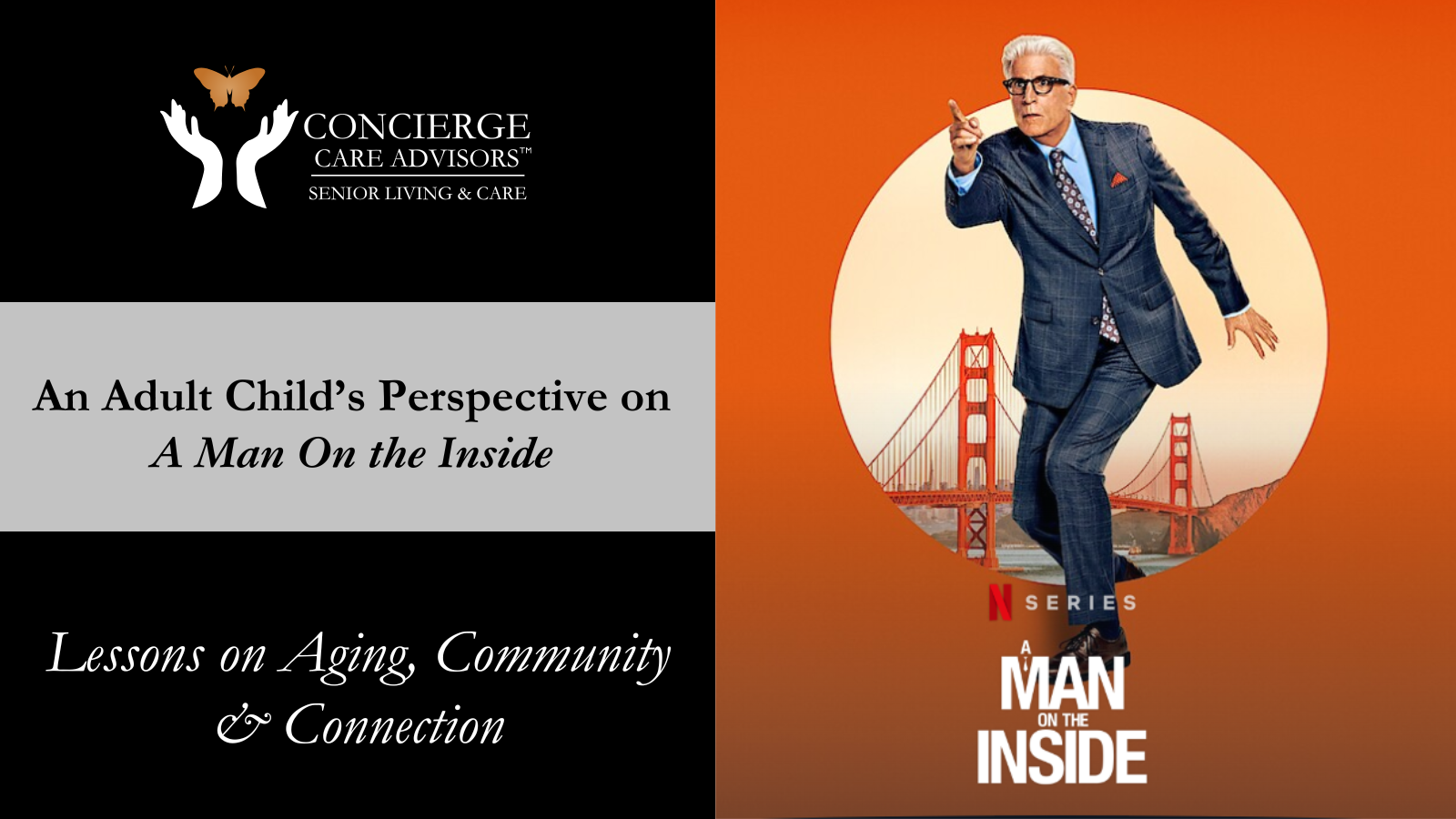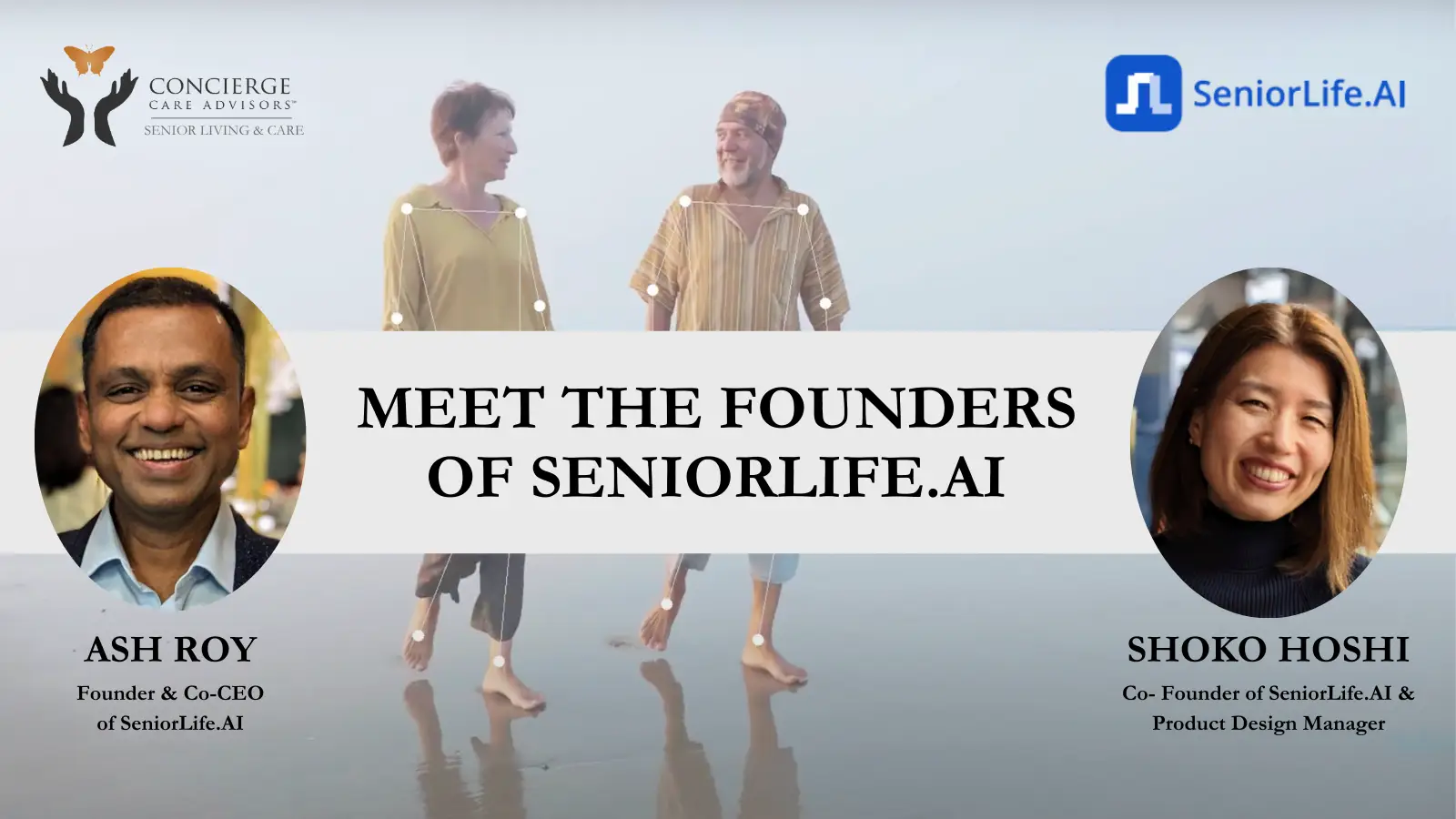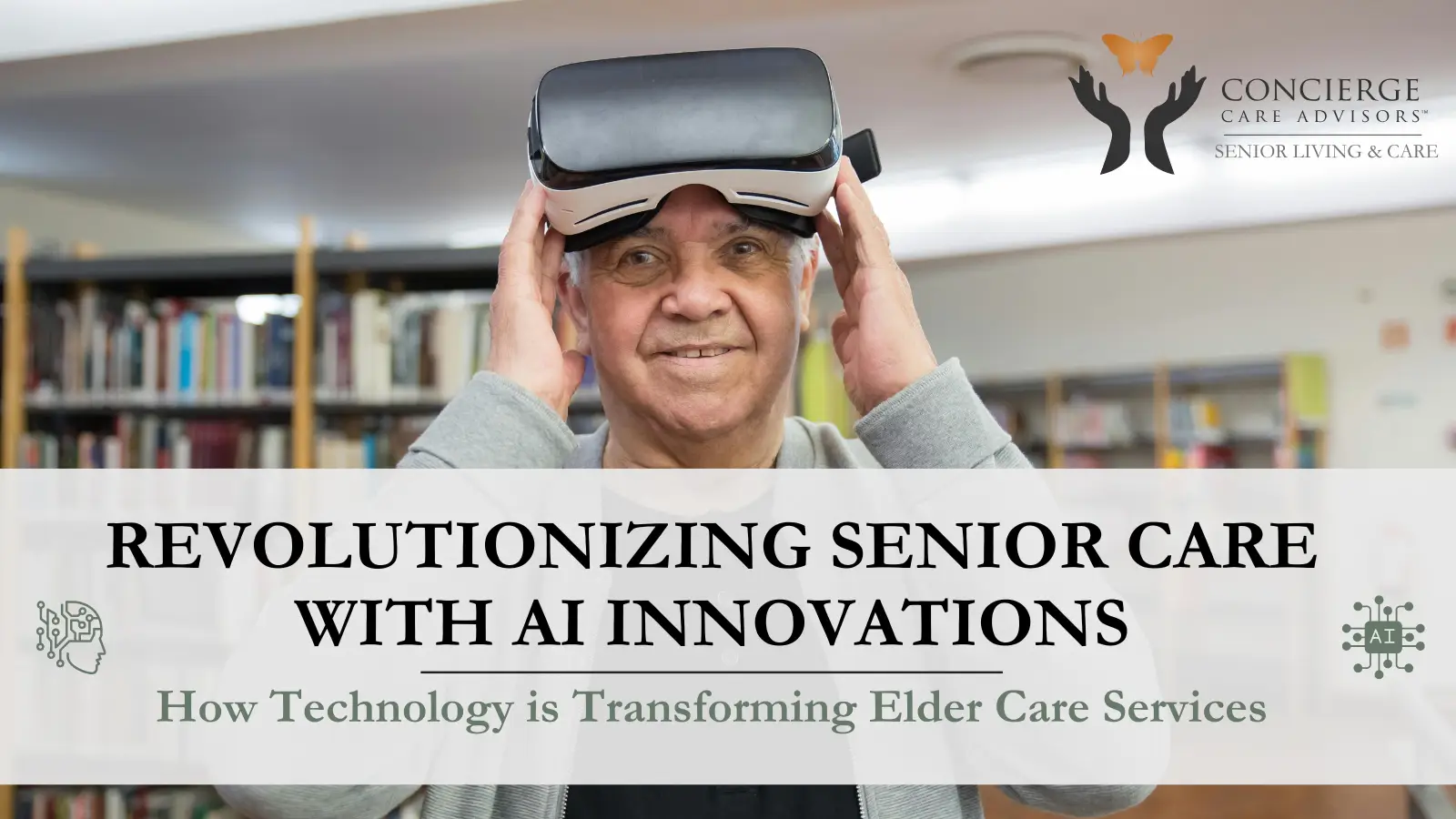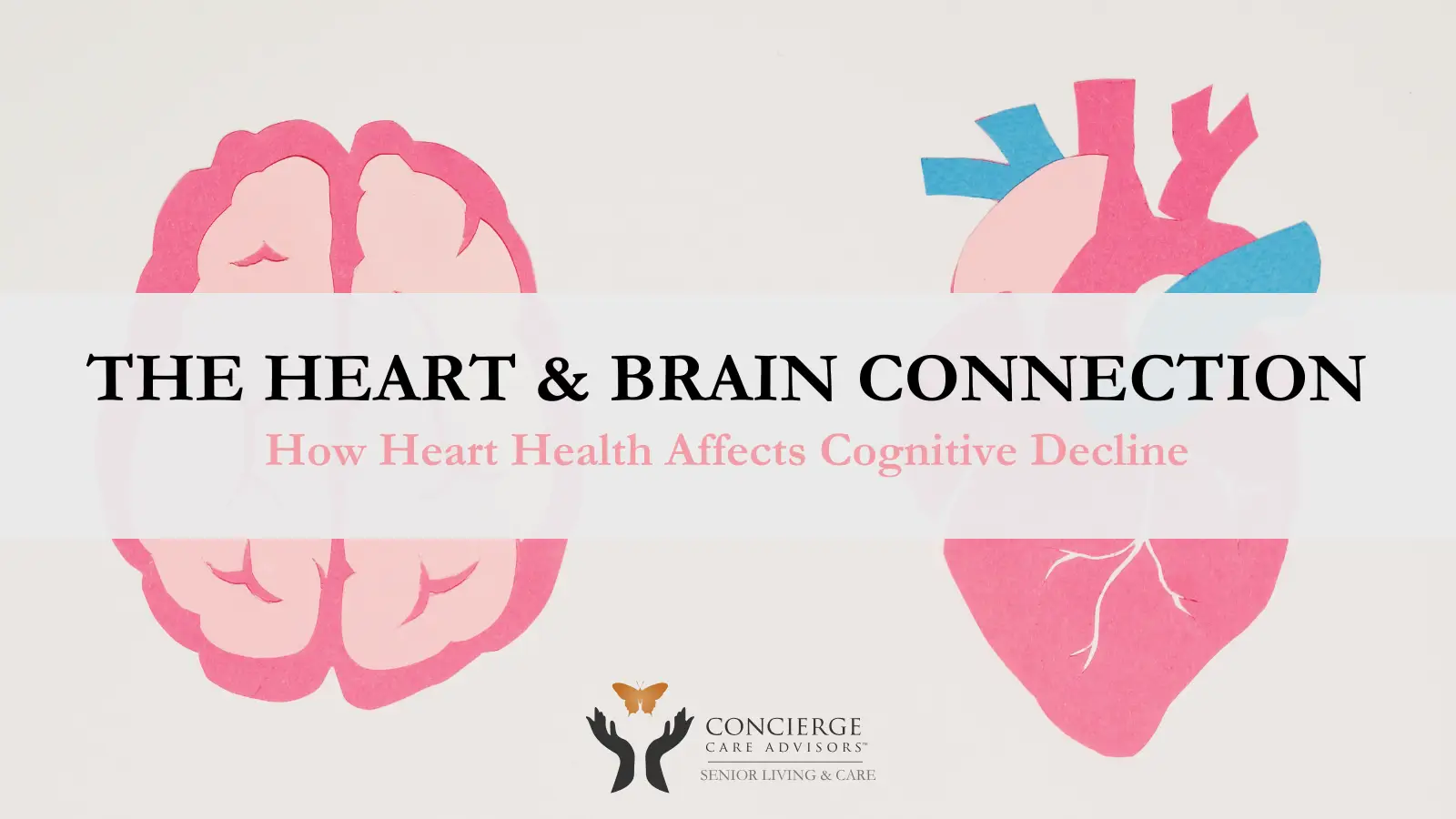By Kathy Finley, Director of Family Services at Concierge Care Advisors
Keeping Loved Ones Safe
As the number of people living with dementia and Alzheimer’s Disease continues to rise—expected to reach 135.5 million by 2050—finding ways to ensure their safety is critical. One of the most effective solutions for keeping seniors safe is GPS technology, which offers caregivers peace of mind and seniors more independence while addressing the risks of wandering and disorientation.
Why GPS Technology is a Game-Changer for Seniors
GPS tracking devices have revolutionized how caregivers support seniors, especially those with memory loss. Unlike older systems, such as bracelets with limited range, GPS technology provides real-time location tracking, geofencing, and direct connections to emergency services.
These features not only make it easier to locate a loved one who wanders but also provide data that helps caregivers monitor their daily movements and habits.
Benefits of GPS Technology for Seniors with Memory Loss
- Real-Time Tracking
Caregivers can locate a senior in real-time, whether they’ve wandered out of their home or are navigating an unfamiliar area. - Geofencing Alerts
Devices can notify caregivers when a senior leaves a designated safe zone, such as their home or neighborhood. - Emergency Connectivity
Many devices include SOS buttons or direct links to emergency responders, ensuring help is just a button press away. - Promotes Independence
Seniors can continue their daily routines with the assurance that help is available if needed, giving them a sense of autonomy.
Challenges and Considerations
While GPS devices are helpful, they’re not without limitations:
- Reliance on the User: Seniors must wear or carry the device consistently, which can be challenging if they remove it or forget it.
- Battery Life: A device with a dead battery can give caregivers a false sense of security.
- Privacy Concerns: Seniors may resist wearing a device due to concerns about being monitored.
- Requires Planning: GPS is a tool, not a solution. Caregivers need a clear plan of action in case the senior is lost or disoriented.
Things to Consider Before Purchasing a GPS Device
- Device Type
- Wearable Devices: Watches, pendants, or bracelets are ideal for seniors who leave home frequently.
- Vehicle Trackers: Useful for seniors who are still driving but may become disoriented.
- Features
- Geofencing for location-based alerts.
- Two-way calling for direct communication.
- SOS buttons for emergencies.
- Cost
- Be prepared for monthly fees and ensure you understand the total costs, including device and service fees.
- Senior’s Comfort
- Discuss the benefits and concerns with your loved one to ensure they are open to using the device. Balance privacy and security.
Personal Experience: A Wake-Up Call
A few years ago, my brother and I experienced a scare with our mother, who was living independently despite early signs of dementia. After failing to reach her by phone, we discovered she had taken a taxi to a medical clinic in a neighboring city, spurred by an ad she’d seen. Thankfully, we were able to locate her at the clinic, but the situation highlighted how easily seniors can become disoriented.
A GPS device would have provided invaluable support in that moment, allowing us to locate her quickly and avoid the stress and confusion of searching for her.
Popular GPS Devices for Seniors
Here are some companies offering GPS devices tailored to seniors’ needs:
- AngelSense: Wearable GPS tracker with voice monitoring.
- Medical Guardian: GPS-enabled medical alert systems.
- GPS SmartSole: Insoles with built-in GPS tracking.
- Trackimo: Compact, portable trackers.
- Trax: Geofencing and real-time tracking.
Start the Conversation About GPS Technology for Seniors with Memory Loss
GPS technology offers a powerful way to enhance the safety and independence of seniors with memory loss, but it’s not a one-size-fits-all solution. Start a conversation with your loved ones about their needs and preferences, and research the best device to fit their lifestyle.
By combining GPS tracking with proactive caregiving, we can help our seniors live with dignity, safety, and autonomy.
If you need support or resources for caring for a senior loved one, Concierge Care Advisors is here to help.
Contact us today to explore personalized care solutions.






















